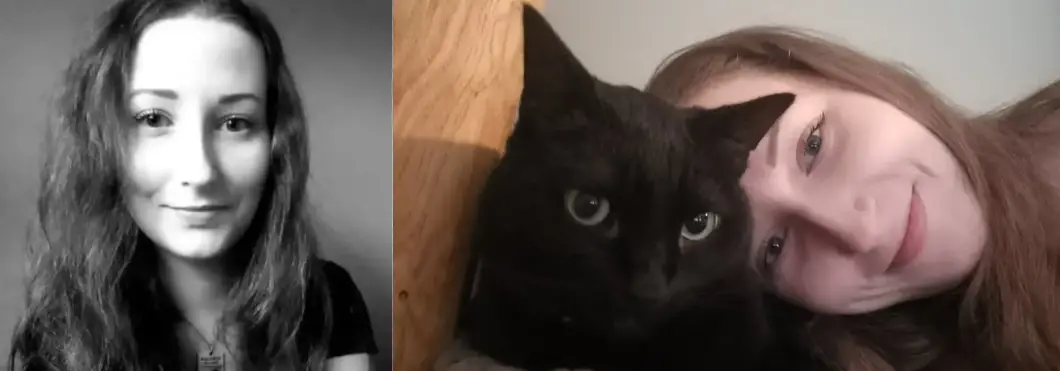Zoraya ter Beek, a 28-year-old woman from the Netherlands, has made the deeply personal and controversial decision to undergo euthanasia next month, despite being in good physical health. Her choice has sparked intense global debates about the ethics of euthanasia, especially in cases involving psychiatric conditions.
In the Netherlands, euthanasia is legal, but the law is strict and requires that the person seeking it must be experiencing unbearable suffering with no possibility of improvement. In ter Beek’s case, she qualifies due to her severe depression, autism, and borderline personality disorder. These conditions, she says, have made life unbearable, and she believes euthanasia will provide her with relief from the torment she faces daily.

Her decision has drawn significant attention, raising ethical questions about the application of euthanasia for individuals suffering from mental health disorders. While euthanasia is allowed under Dutch law for cases of physical suffering, the idea of extending it to those with psychiatric conditions is more contentious. Critics argue that it may be granted too easily, potentially undermining the sanctity of life and not fully exploring other forms of care and treatment.
Despite these concerns, ter Beek sees euthanasia as a form of liberation. She has expressed that, rather than facing an uncertain future, she feels that euthanasia offers her the only way out of her suffering. Her plan is to spend her final moments peacefully at home, sitting on her sofa, and she has chosen cremation to spare her boyfriend any further distress. Though she acknowledges some fear about the process, she firmly believes that euthanasia is the only way to end the constant pain she has endured for years.
Her case serves as a reminder of the complex ethical and moral questions surrounding euthanasia, particularly in cases where the suffering is not physical but deeply psychological. It highlights the ongoing debate about how society should handle requests for euthanasia and the boundaries of assisted death.
